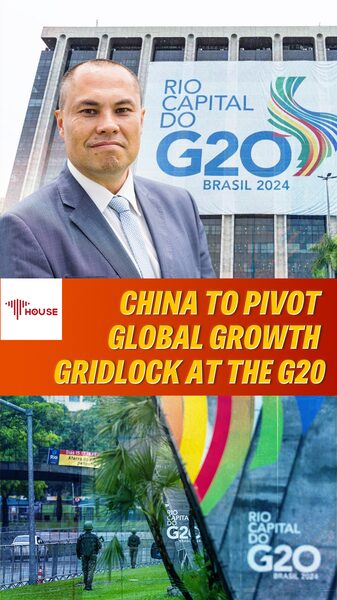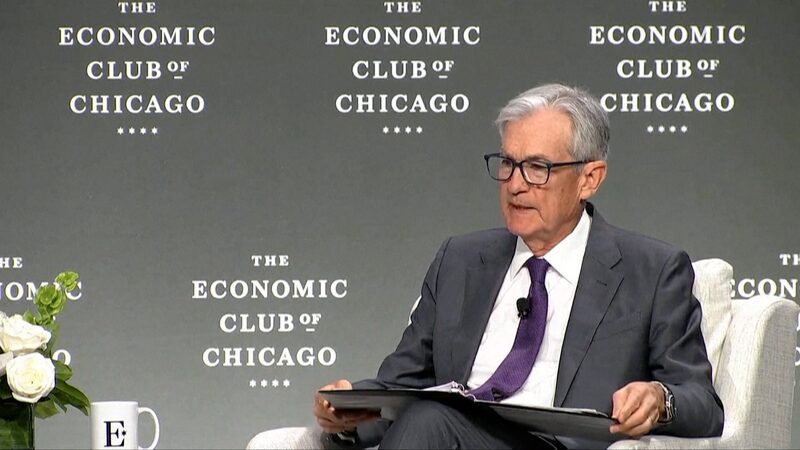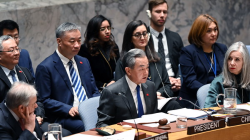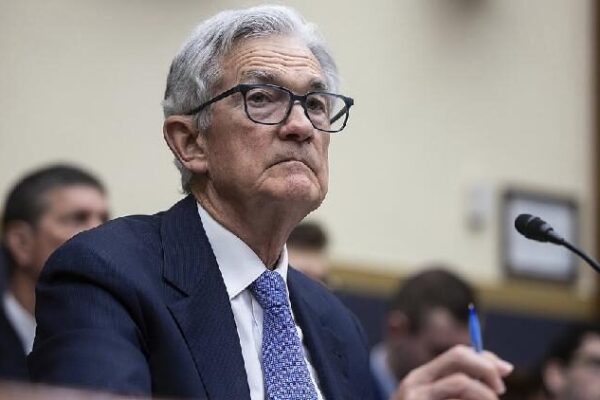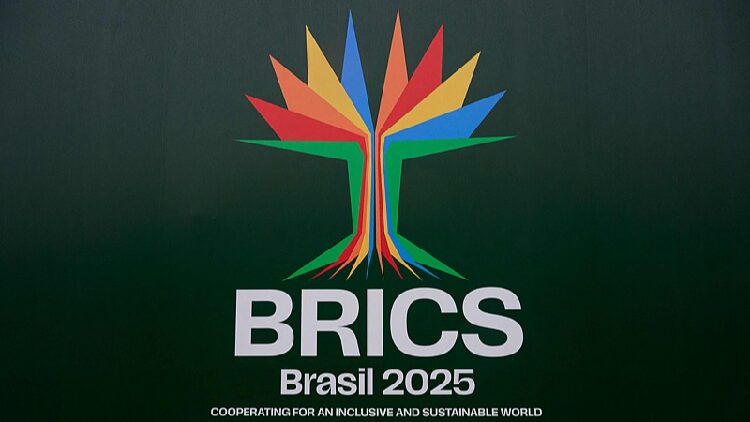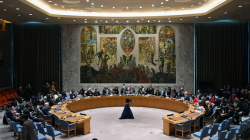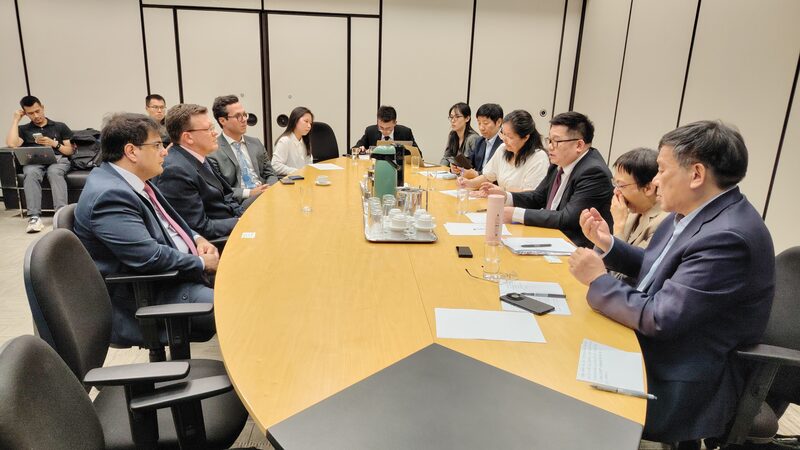As the G20 Summit approaches on November 18-19 in Brazil, world leaders are gearing up to address pressing global challenges under the theme “Building a Just World and a Sustainable Planet.” With a focus on social inclusion, global reform, and sustainability, the summit aims to shape the future of international cooperation and governance.
China, a key player in the global economy, is expected to play a pivotal role at the summit. According to Warwick Powell, an Australian academic and senior fellow at the Taihe Institute in Beijing, China has consistently demonstrated a commitment to multilateralism and inclusive international cooperation.
China’s Commitment to Multilateralism
Powell highlights China’s proactive engagement in global institutions and its efforts to build platforms that encourage collaboration among nations. “China remains steadfast in promoting multilateralism,” he says. This approach is crucial in addressing issues like economic stagnation, trade disruptions, and climate change that require collective action.
The Evolving Role of the G20
The G20 has historically been a cornerstone for global economic policy coordination. However, Powell notes that its ability to tackle urgent issues has been impacted by some nations shifting away from multilateralism. “The diminishing role of the G20 is largely due to certain countries favoring narrower, unilateral approaches,” he explains.
Global South’s Rising Influence
In response to these shifts, many countries in the Global South—including emerging economies in Asia, Africa, and Latin America—are forming new partnerships and investing in technology exchanges. This trend signifies a move towards greater self-reliance and resilience. “These nations are diversifying their supply chains and strengthening economic ties,” Powell observes.
The Importance of Open Dialogue
Despite challenges, Powell emphasizes the significance of maintaining open communication channels. “The G20 remains a crucial platform for leaders to engage directly,” he notes. Even if formal agreements are hard to reach, informal discussions on the sidelines can lead to new understandings and cooperation.
Looking Ahead
Analyses suggest that even in the face of potential market closures, such as hypothetical scenarios where Chinese exports face restrictions, China could recover through new trade partnerships and diversification. This resilience underscores the importance of the G20 Summit as an opportunity for world leaders to collaborate on building a more inclusive and sustainable future.
As the summit unfolds, all eyes are on Brazil, hoping that global leaders can come together to address the challenges of our time and pave the way for a brighter future for all.
Reference(s):
cgtn.com
